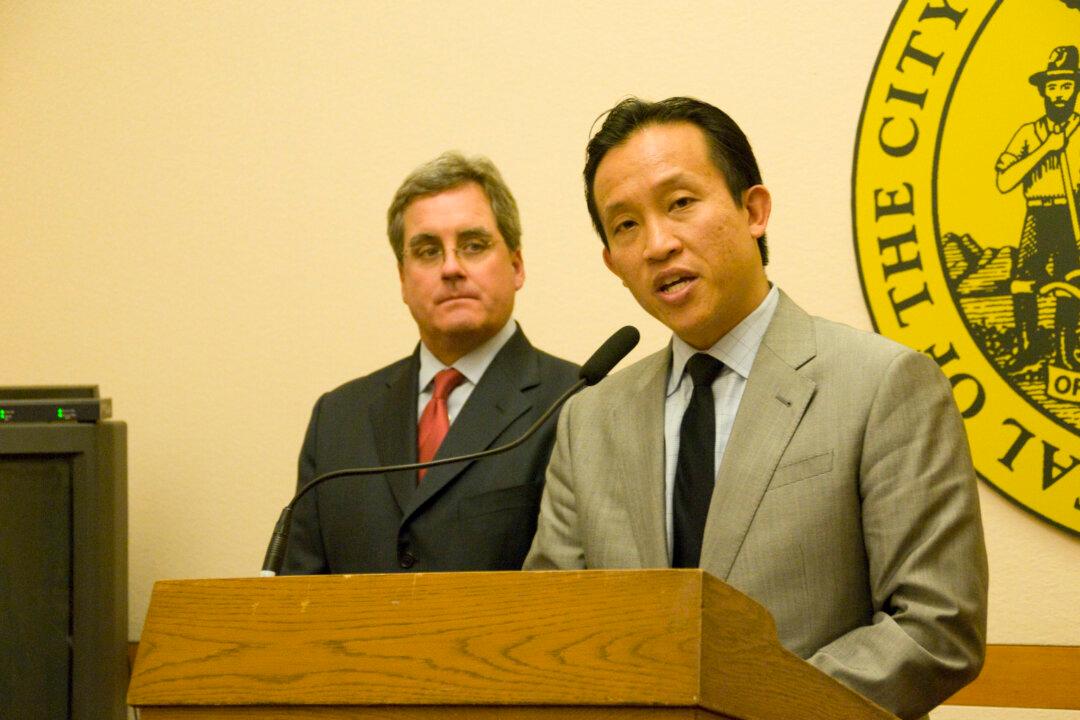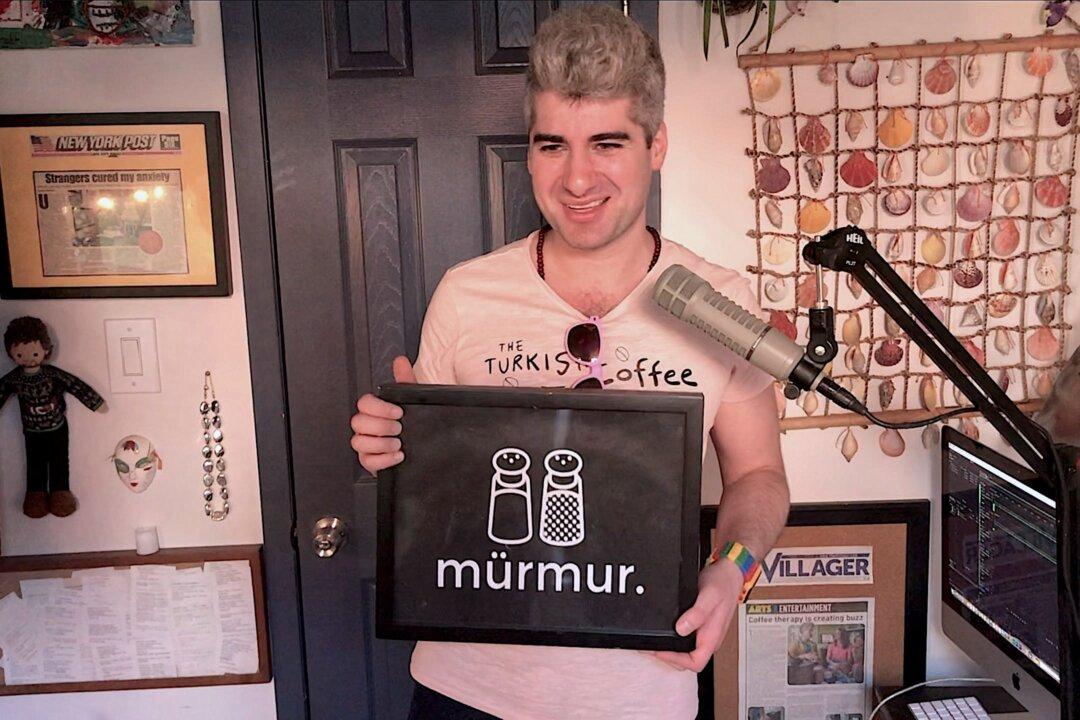SAN FRANCISCO—It’s known that the city is no stranger to wheeling and dealing when it comes to power and lucrative contracts. New legislation introduced this week aims to disclose the influence that unregistered lobbyists, attorneys, and permit expediters have on the city.
Take Chinatown powerhouse Rose Pak, whose political influence over the city’s highest public official, Mayor Ed Lee, is well known—having been instrumental in putting him in office.
But while Pak is able to “get things done” in the city, including large building projects, she is not a registered lobbyist. She proudly admits to the media that she called Lee up to prevent the hiring of a City Hall staffer she disapproved of.
A new piece of ethics legislation proposed by San Francisco City Attorney Dennis Herrera and President of the Board of Supervisors David Chiu will broaden the definition of lobbying, requiring more lobbying activities to be disclosed.
“The public demands integrity in what happens here in City Hall,” Herrera said at a news conference Tuesday.
Chiu said San Francisco needs to catch up with other cities in California, like Los Angeles and San Diego, in terms of ethics legislation.
“Shining a brighter light will lead to better and more open decisions by city officials,” Chiu said, while introducing the legislation to the Board of Supervisors on Tuesday.
The ordinance defines lobbyist as “any individual who makes contact with an officer of the City and County on behalf of any person who pays the individual or the individual’s employer for lobbyist services.” A lobbyist needs to earn at least $1,000 a month on lobbying services.
The legislation would also narrow certain exceptions in the current legislation that make it possible for attorneys to go lobbying unreported. A frequently cited example of someone who is believed to have exploited this loophole is former mayor and attorney Willie Brown.
Additionally, the legislation would streamline the rules regarding so-called permit expediters who lobby city departments on behalf of developers to get projects approved.
Chiu said current laws are not clear and are too limited in scope. The new law will require expediters to register with the Ethics Commission and disclose their clients and their contacts with city officials.
The ordinance also aims to apply more oversight and accountability to contracts within city departments as well as to grants made by city agencies.
Chiu stressed on Tuesday that the legislation is not aimed at certain activities or at any particular individuals.
“While these proposals address certain activities such as lobbying, expediting, or contracting, we don’t say that these activities shouldn’t or cannot occur. We are simply saying that it is important for the public to know when they occur,” Chiu said.
The mayor commented on the proposal Tuesday, appearing to be open to changes. “We already have pretty strong laws on the books, but there’s always room for improvement,” he said.
With reporting by Jasper Fakkert and Lear Zhou




